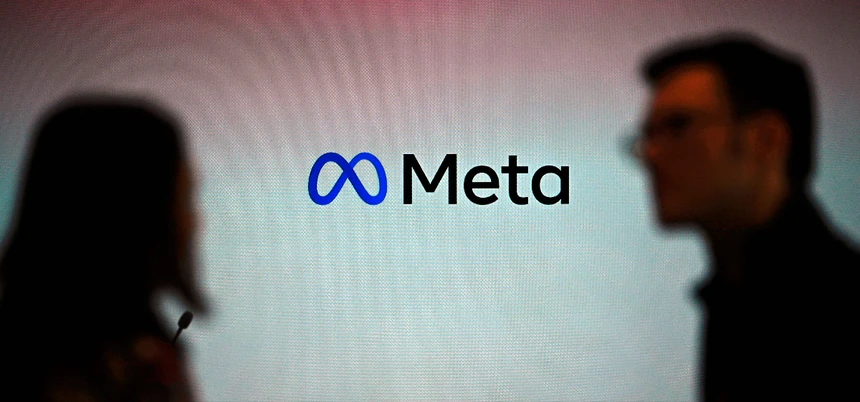(ĐTCK) Meta, Facebook's parent company, will soon close the Workplace platform and focus on developing AI.
Once having great ambitions to become a big name in the field of performance support and business communication, Meta is now preparing to close the journey of its "strategic asset" Workplace. This platform will still operate normally until August 25, 2025. After that, it will be switched to read-only mode until May 2026 and must stop operating completely. In addition, Meta also offers a 50% discount on Workplace services from September this year.
According to a notice sent to Workplace customers, Meta recommends using Workvivo (owned by Zoom) as an alternative. This is a business communication platform acquired by Zoom in 2023.
There is currently no information on how many employees will be affected by Workplace's shutdown.
“We are retiring Workplace from Meta so we can focus on developing AI technology and the metaverse. We believe this will reshape the way the company operates,” said a source from the Group. “Over the next two years, we will be recommending Workplace customers migrate to Zoom's Workvivo platform.”
Meta's change of direction will mark the end of Workplace's 10-year run. This platform was originally intended to bring another revenue stream to Facebook, but it ultimately found it difficult to compete with other products like Slack and later Microsoft's Teams.
There is a lot of information that since the Covid pandemic, many outside investors have approached Meta to separate the platform into an independent company and then receive outside investment.
However, Meta refused, mainly because Facebook (Meta's old name) considered Workplace a "strategic asset", not because Workplace generated billions of dollars in sales, nearly equal to the number Meta earned from advertising. advertising on Facebook and Instagram platforms, but more importantly, this platform shows that Meta can operate in a variety of fields. It helps Meta prove that it can provide more services to businesses than just selling ads on social networks.
It can be clearly seen that, like many "big guys" in the technology industry, Meta's priority is currently changing to focus on AI. This means more restructuring than just the death of Workplace.
The platform was originally built on the way Facebook uses its flagship social network. The company tested an internal version of Facebook and saw an opportunity to develop it into a product aimed at business users.
Workplace initially operated under the name Facebook@Work and was built by a team based in London, led by Lars Rasmussen who co-created Google Maps and was brought on by Facebook as Director of Engineering. wanted to build an enterprise service at Facebook for a long time and this is his baby.
The product eventually launched in beta as Workplace and worked on building out a number of third-party integrations as Facebook saw an opportunity to create more productivity drivers around users. around basic communication purposes.
Over time, Workplace has attracted some very important customers, but still faces major hurdles. The reason comes from the Slack platform becoming a bright star attracting a lot of attention, thereby promoting the creation of Teams from Microsoft. Workplace initially set out to compete but eventually gave in and partnered with Teams for certain functions.
Some key employees who built Workplace have left and there is information that the platform is still in trouble after the Covid pandemic.
“Slow post-pandemic growth combined with the company today facing an identity crisis — after all, the company isn't even called Facebook anymore, and it's not clear what Meta means If anything, eliminating non-core projects is a decisive choice,” a source said.



